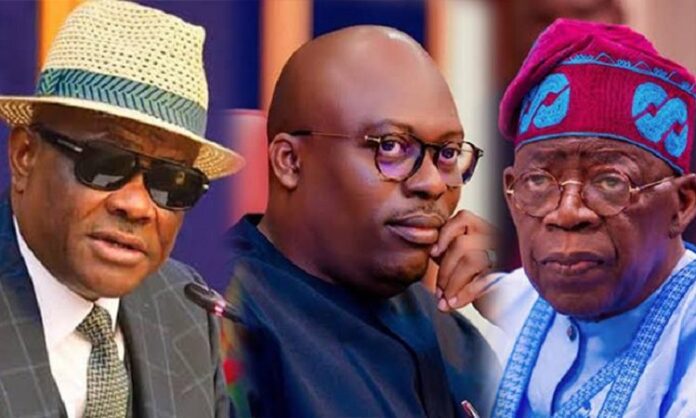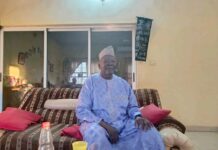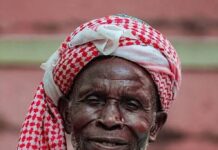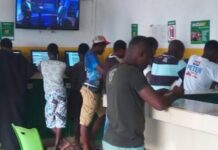Democracy under siege and the dangerous precedent of emergency rule in Rivers State, by Baba Abdullahi Machina
“The strength of democracy lies not in the absence of crisis but in how leaders respond to them.” – Barack Obama
Our democracy is facing a serious challenge with the recent declaration of a state of emergency in Rivers State. This decision led to the suspension of all elected officials, including the governor, deputy governor, and members of the House of Assembly. The president, in a national address, said the move was necessary because of security concerns caused by political tension in the state. However, this action raises serious questions about democracy and the rule of law. Political conflicts are not new in Nigeria, but they should be handled according to the Constitution. Suspending a democratically elected government is a dangerous decision that could weaken Nigeria’s democracy.
The 1999 Constitution of Nigeria explains when and how a state of emergency should be declared. Section 305 states that this should only happen in extreme situations, such as war, external attack, or a complete breakdown of law and order that makes normal governance impossible. The crisis in Rivers State does not meet these conditions. While the situation may be serious, it does not threaten national security to the level that justifies removing elected leaders. If this decision is allowed to stand, future governments may use emergency rules as a way to remove political opponents. This is not the first time a Nigerian president has declared a state of emergency. Both former Presidents, Olusegun Obasanjo and Goodluck Jonathan, used emergency rules, but they handled them in different ways.
READ ALSO: Rivers State Emergency Rule: A different view, by Azu Ishiekwene
In 2004, President Olusegun Obasanjo declared a state of emergency in Plateau State after deadly ethnic and religious violence. He removed the governor, Joshua Dariye, and the State House of Assembly, replacing them with a military administrator and his actions of suspended elected leaders, which many people saw as an abuse of power.
On the other hand, in 2013, President Goodluck Jonathan declared emergency rule in Borno, Yobe, and Adamawa States because of the Boko Haram insurgency. However, he did not remove the governors or state assemblies. Instead, he focused on deploying security forces to restore peace. Unlike Obasanjo, Jonathan respected democratic institutions while taking action to improve security.
The case in Rivers State is similar to what Obasanjo did, where elected officials were removed instead of only focusing on solving the crisis. Suspending elected leaders in a democracy is dangerous because it sets a bad example. Future presidents may use the same method to silence political opponents.
Even more troubling is the president’s admission that both sides of the crisis ignored his intervention. This raises an important question: If his minister, Nyesom Wike, played a central role in this crisis and also ignored his efforts to resolve it, why is Wike not being held accountable? Why suspend a democratically elected governor instead? This selective approach to justice suggests political motives rather than a genuine concern for security or stability.
Another concern is that the Constitution states that an emergency declaration must be approved by the National Assembly within two days if they are in session, or within ten days if they are not. If this process is not followed, then the declaration is illegal.
There were other ways to resolve the crisis in Rivers State. Suspending all elected officials should have been the last option.
Nigeria’s democracy has come a long way, but it remains fragile. If political problems are enough reason to declare emergency rule, then no state is safe from such actions in the future. Governance must be based on the rule of law, not the personal decisions of one leader. Instead of using emergency rules as a quick solution, the government should follow democratic principles to resolve conflicts. Nigerians must speak out and demand that democratic values are respected before it is too late.
Baba Abdullahi Machina, a political scientist, writes from Abuja.
Follow the Neptune Prime channel on WhatsApp:
Do you have breaking news, interview request, opinion, suggestion, or want your event covered? Email us at neptuneprime2233@gmail.com





